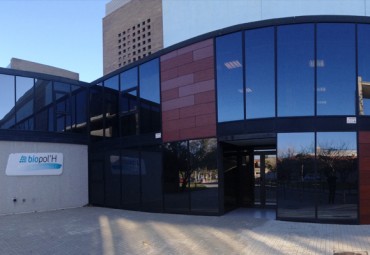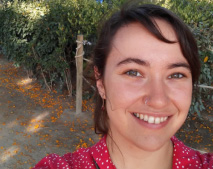PhD student from UPF co-supervised by Ruth will present an talk entitled
Semantics at the lexicon-grammar interface in Williams syndrome
Abstract
Although early research has used Williams syndrome (WS) as evidence for the modularity of language, syntactic impairment in WS is now documented in several studies, while in the case of semantic processing, the evidence remains mixed. By contrast, there is a common agreement that discourse in WS exhibits an anomaly informally characterized as ‘cocktail party speech’. In this research plan, we pursue the guiding intuition that this phenomenon arises from a ‘shallow semantics’, which itself derives from an insufficient development of the language system, where lexical semantics and grammar do not interact in neurotypical ways so as to give rise to normal referential meaning in discourse (i.e., ‘deep semantics’). We plan to recruit 25 adults with WS matched on chronological age with a neurotypical control group, with all participants subjected to standardized assessments for verbal mental age (PPVT), IQ (WAIS), complex language (CELF), and semantic memory. The core of the study is a comparison of electrophysiological response profiles in both groups for violations of semantic subcategorization restrictions at a grammatical level (e.g. the car was exploiting during four hours) using EEG. Less or no sensitivity to these violations is predicted in the WS group, especially in a frontal late component (N5). Together with this, we will compute a composite index of ‘semantic shallowness’ from linguistic variables in spontaneous speech, and assess word learning capacity from definitions and linguistic context only in a subsequent experiment. In the latter experiment, we will manipulate level of abstractness of the words in question and predict an increase in a concreteness effect when words have to be learned based on language alone.
 |

